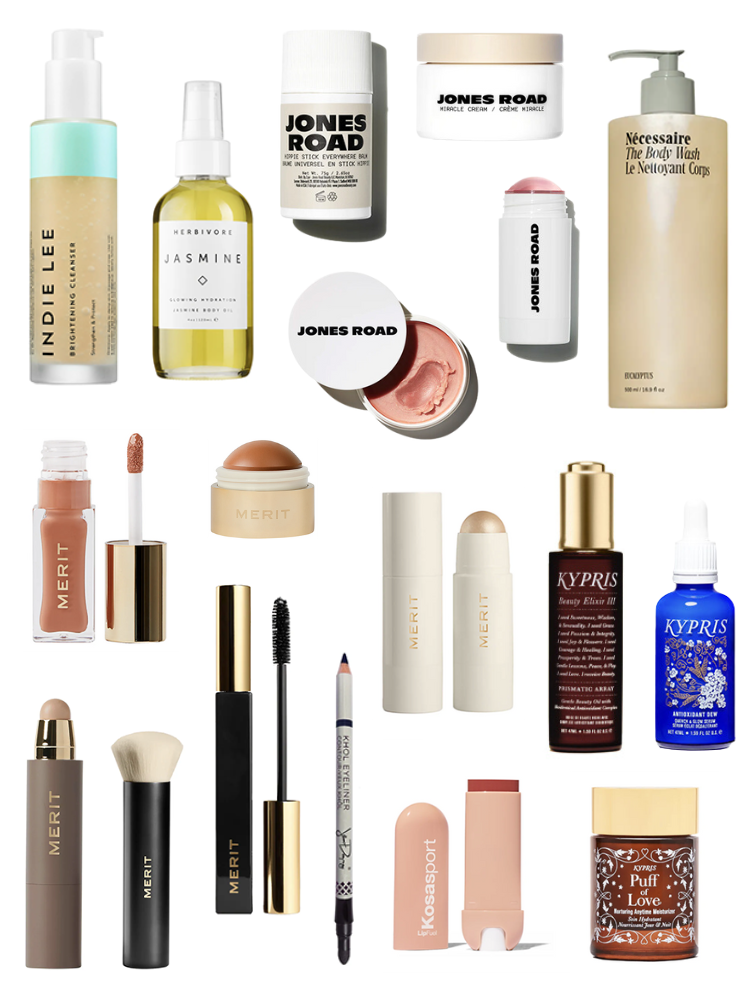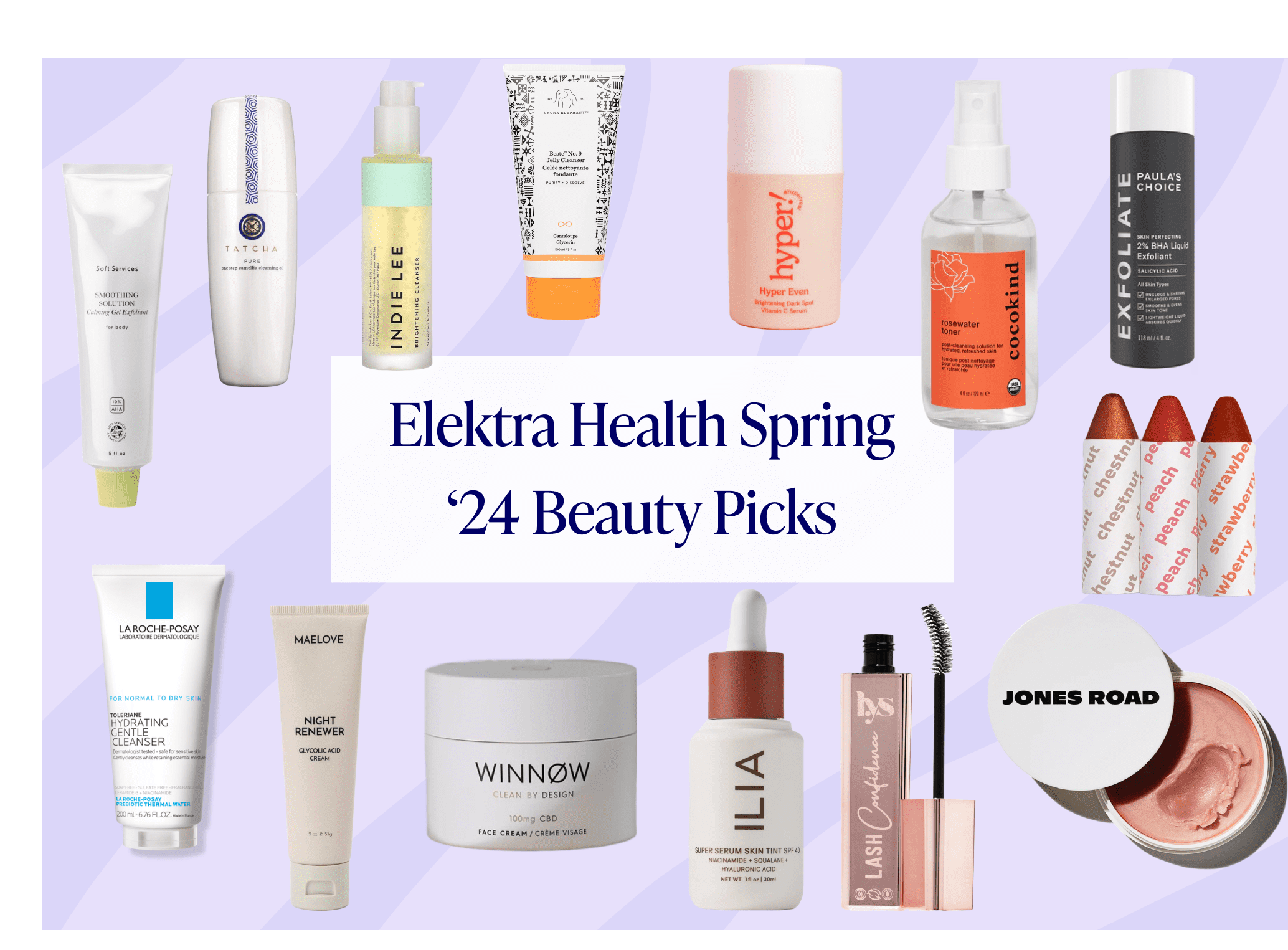Cruelty-Free Beauty Tips for a Gorgeous Style Without Compromising Ethics
Why Cruelty-Free Beauty Products Are the Future of Skincare and Cosmetics
The change in the direction of cruelty-free beauty items is not merely a pattern; it mirrors a substantial change in consumer values and industry practices. The implications of this shift expand beyond consumer preferences, elevating concerns regarding the future of regulatory standards and brand stability.
Expanding Consumer Understanding
The expanding consumer understanding bordering cruelty-free elegance products reflects a substantial shift in social worths in the direction of moral usage. As people significantly focus on the well-being of animals and look for to make informed purchasing decisions, the need for products that are not evaluated on pets has actually risen. This enhanced understanding is driven by a mix of factors, including the increase of digital platforms that promote knowledge sharing, greater openness from brand names, and advocacy projects that highlight the honest ramifications of traditional screening techniques.
Consumers are now much more complete than ever before to research study and identify cruelty-free brands, resulting in a much more critical industry. The expansion of qualification logos and standardized labeling has actually additionally added to this change, allowing consumers to make options aligned with their values quickly. More youthful generations, particularly millennials and Gen Z, are leading the cost, frequently opting for brand names that personify their ethical position. This social makeover not only influences individual getting actions yet likewise stress business to embrace cruelty-free techniques to remain affordable. As understanding remains to expand, the charm sector encounters a critical to adjust, making certain that honest factors to consider come to be important to product advancement and advertising and marketing strategies.
Moral Factors To Consider in Appeal
Honest factors to consider in charm expand past the world of animal welfare, including a broader spectrum of social and environmental impacts. Customers are progressively inspecting the sourcing of ingredients, labor practices, and the environmental footprint of beauty items. Brand names that focus on moral practices usually make use of sustainably sourced materials, lowering their environmental effect while sustaining reasonable trade campaigns.
Additionally, the beauty sector has a considerable effect on international labor markets, particularly in establishing countries where numerous active ingredients are sourced. Ethical brands support for fair labor techniques, guaranteeing that workers receive fair salaries and safe working problems. This commitment to social obligation not just boosts the lives of those associated with the manufacturing procedure yet likewise resonates with customers who value transparency and stability.
Furthermore, the environmental influence of product packaging and manufacturing approaches can not be forgotten. Brands are significantly embracing environmentally friendly product packaging remedies and decreasing waste, aligning with an expanding customer demand for sustainability. By attending to these moral factors to consider, charm brands can foster an extra conscientious market that values both individuals and the earth, leading the way for a future where responsible practices are the standard instead of the exception.

The Influence on Brand Name Loyalty
Customer commitment to beauty brand names is progressively affected by honest methods, specifically in the realm of cruelty-free and sustainable items. cruelty-free beauty. As consumers come to be extra socially conscious, their buying decisions are frequently guided by the moral implications of the items they choose. Brands that focus on cruelty-free practices not only attract this growing market but also foster a sense of count on and stability among their consumer base

Furthermore, the Learn More Here openness bordering cruelty-free accreditations boosts consumer confidence in the brand name's commitment to honest practices. This openness can create a psychological connection between the consumer and the brand name, additional solidifying commitment. In an era where brand name reputation is significantly looked at, the dedication to cruelty-free practices is not merely a trend but a considerable factor in long-lasting brand commitment.
Advancements in Cruelty-Free Formulations
As brand commitment increasingly depends upon moral practices, business are reacting with ingenious techniques to cruelty-free solutions. The sector is witnessing a rise in the development of alternatives to animal screening, utilizing sophisticated modern technologies such as artificial insemination screening and computer modeling. These techniques not only meet ethical standards however additionally increase item development timelines.
In addition, several brands are using the power of all-natural components that are both reliable and sustainable. Plant-based essences, bioengineered substances, and morally sourced materials are getting grip, attracting ecologically aware customers. Advancements in preservation strategies, such as making use of all-natural preservatives, boost item longevity without endangering cruelty-free integrity.
Brand names are likewise buying transparent sourcing techniques, permitting consumers to map the origin of components. This openness cultivates trust and equips customers to make informed selections. Additionally, partnerships with charitable organizations and cruelty-free qualifications are ending up being a lot more typical, signaling a commitment to moral techniques.
As the need for cruelty-free items remains to climb, these technologies not just redefine market requirements but likewise contribute to a more humane future for elegance and skin care. The commitment to ethical formulas is reshaping customer assumptions and driving the marketplace toward greater liability.
The Future of Regulatory Standards
The landscape of regulative requirements for cruelty-free beauty products is progressing quickly in response to expanding customer demand for openness and ethical techniques. As see customers increasingly focus on humane treatment of pets in item growth, regulative bodies are being prompted to develop more clear standards and qualifications that mark what constitutes cruelty-free.
Existing laws vary widely by region, developing complication among consumers and manufacturers alike. cruelty-free beauty. In the future, we can anticipate an approach standardized interpretations and standards, possibly leading to an unified global framework. This would not just enhance customer trust yet also urge a lot more brands to embrace cruelty-free practices
Moreover, improvements in modern technology, such as different testing approaches and in vitro models, are most likely to influence governing requirements. These technologies can pave the means for extra rigorous requirements that focus on gentle methods without compromising item security or efficacy.
The cooperation in between market stakeholders, advocacy groups, and my company governing authorities will be crucial fit these criteria. By fostering dialogue and establishing natural plans, the charm market can guarantee that cruelty-free methods end up being an important component of its honest landscape, eventually benefiting customers, animals, and the atmosphere.
Conclusion
Boosting consumer awareness and honest considerations drive brands to embrace gentle methods, fostering greater brand commitment. Ultimately, the dedication to cruelty-free techniques is vital for brands seeking to prosper in a competitive market, as it reverberates deeply with the worths of modern consumers.